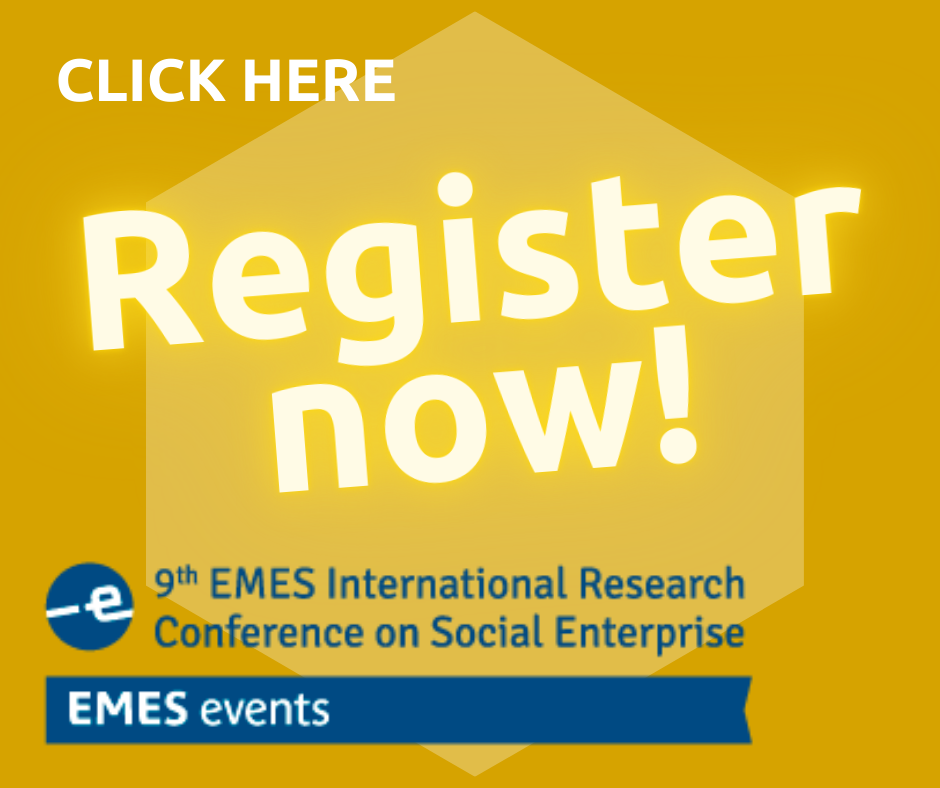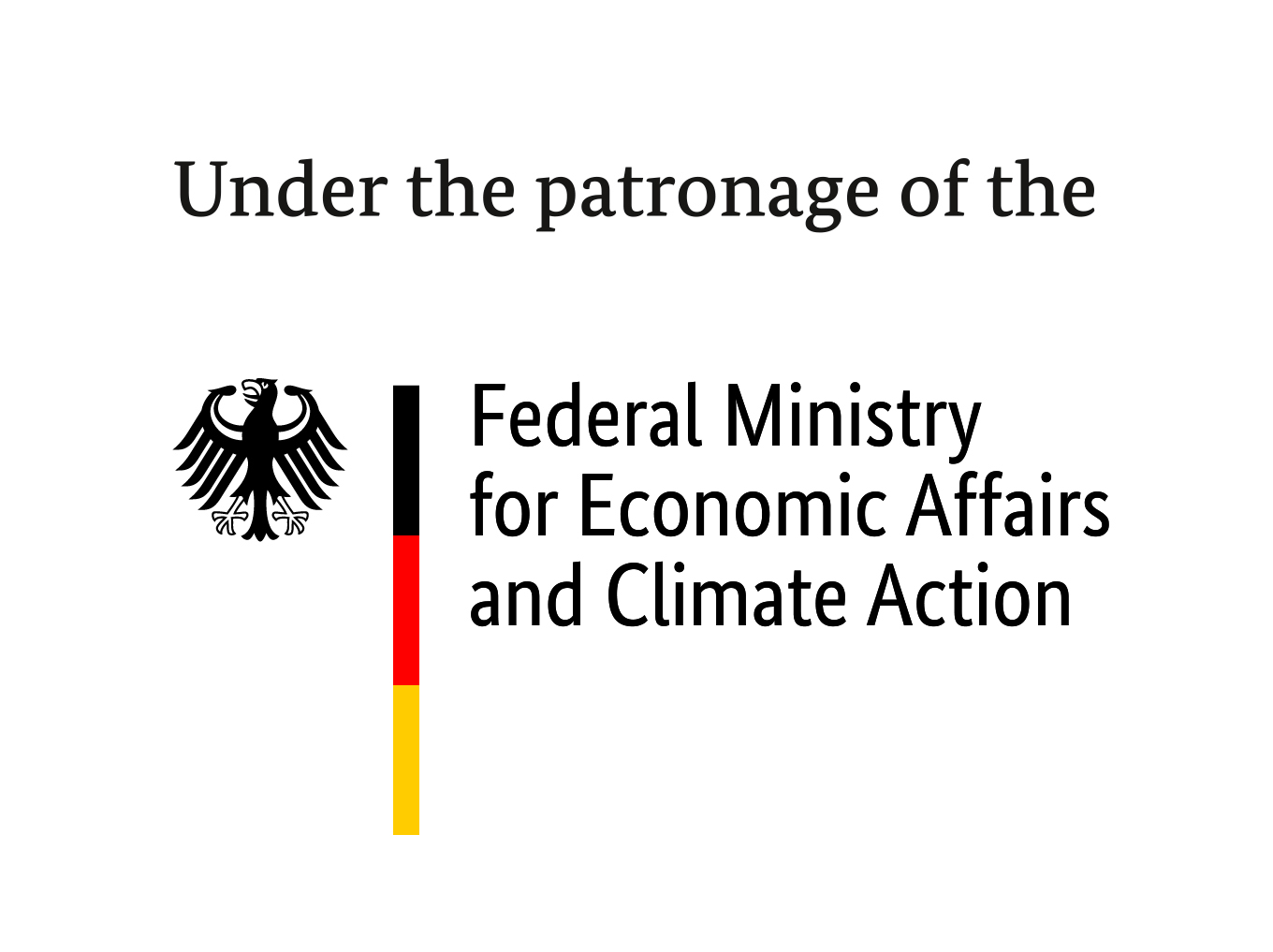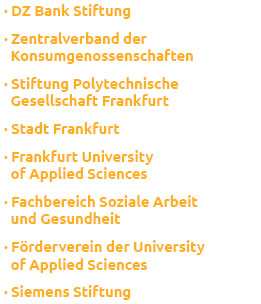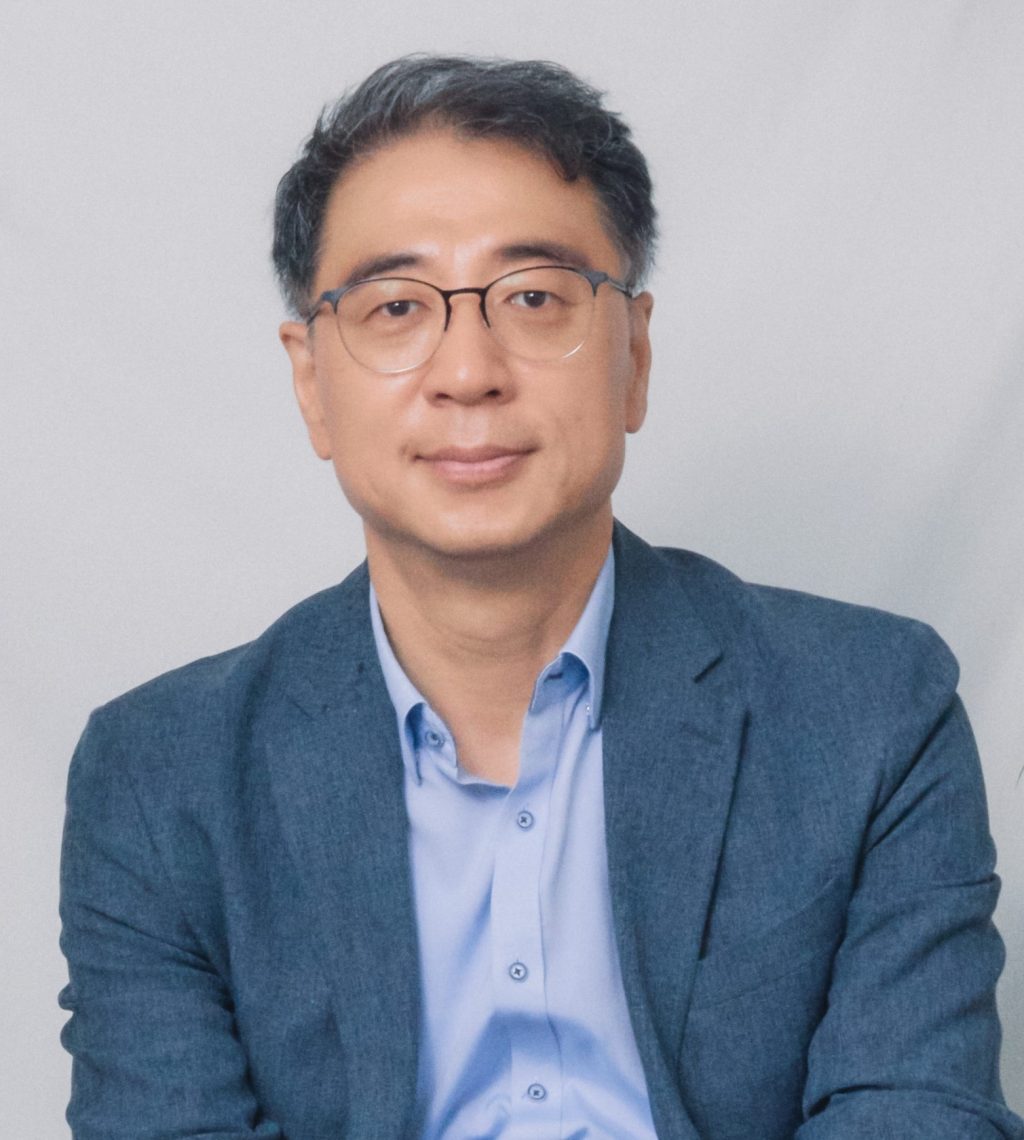 Ilcheong Yi is Senior Research Coordinator at UNRISD (United Nations Research Institute for Social Development) in Geneva, Switzerland. Born in the Republic of Korea, he was trained as a political scientist (B.A. and M.A. from the Dept. of Political Science, Seoul National University, the Republic of Korea) and social policy analyst (D.Phil from Oxford University, the UK). He has been researching various issues of alternative economies, social policy, and international development cooperation, particularly the Social and Solidarity Economy, measurement of sustainable development performance, and transformative social policy. Before joining UNRISD, he was an Associate Professor at Kyushu University, Japan (2004-2008), Korean Foundation Visiting Professor, Dept. of East Asian Studies of Malaya University, Malaysia (2003-2004) and Visiting Research Fellow of the Stein Rokkan Centre, Bergen University, Norway (2002-2003).
Ilcheong Yi is Senior Research Coordinator at UNRISD (United Nations Research Institute for Social Development) in Geneva, Switzerland. Born in the Republic of Korea, he was trained as a political scientist (B.A. and M.A. from the Dept. of Political Science, Seoul National University, the Republic of Korea) and social policy analyst (D.Phil from Oxford University, the UK). He has been researching various issues of alternative economies, social policy, and international development cooperation, particularly the Social and Solidarity Economy, measurement of sustainable development performance, and transformative social policy. Before joining UNRISD, he was an Associate Professor at Kyushu University, Japan (2004-2008), Korean Foundation Visiting Professor, Dept. of East Asian Studies of Malaya University, Malaysia (2003-2004) and Visiting Research Fellow of the Stein Rokkan Centre, Bergen University, Norway (2002-2003).
“Enriching discussions on how social enterprises and cooperatives should connect themselves with various economic alternatives to market fundamentalism at local, national and global levels and in economic, social and political dimensions.”



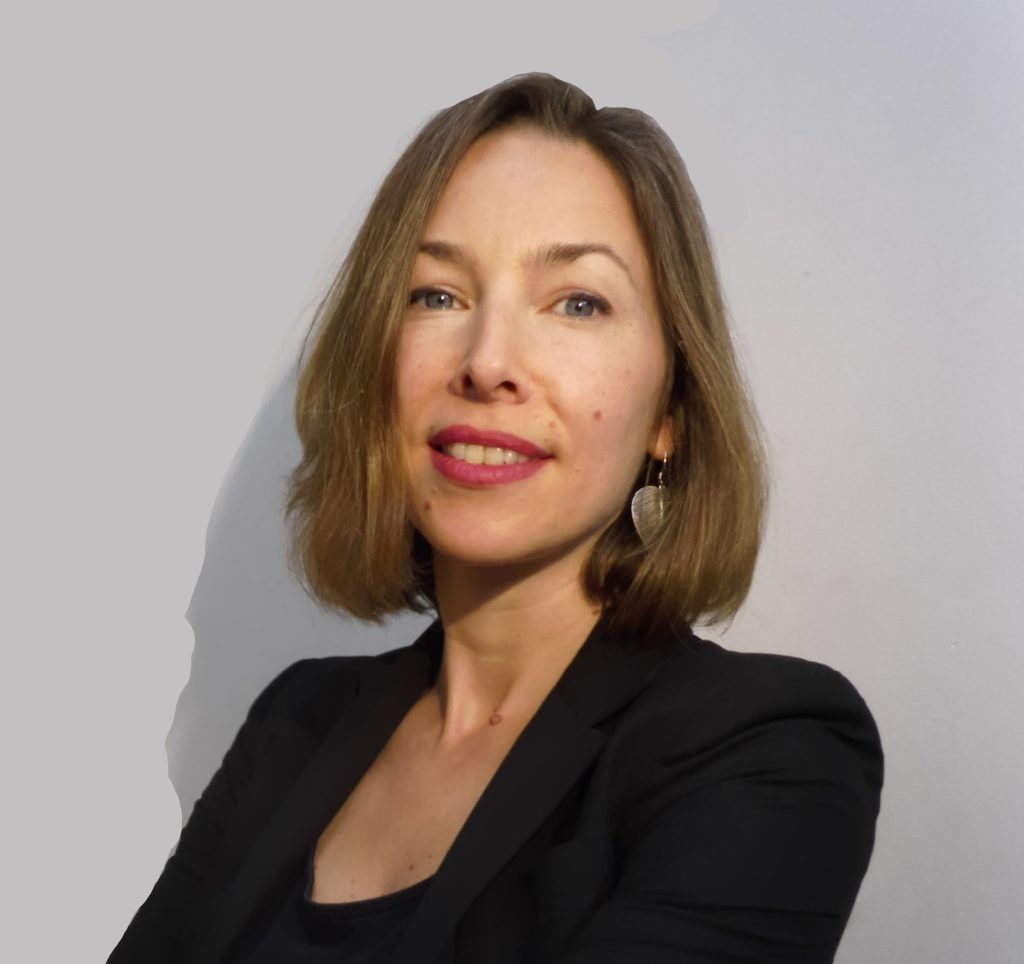 Sarah de Heusch is the Director of
Sarah de Heusch is the Director of  Maja Göpel is a German political economist, transformation researcher, and sustainability scientist focusing on transdisciplinary work. As a speaker and author, she has increasingly specialised in science communication since 2019, when she co-founded the Scientists for Future initiative. Göpel is an honorary professor at the Leuphana University of Lüneburg.
Maja Göpel is a German political economist, transformation researcher, and sustainability scientist focusing on transdisciplinary work. As a speaker and author, she has increasingly specialised in science communication since 2019, when she co-founded the Scientists for Future initiative. Göpel is an honorary professor at the Leuphana University of Lüneburg.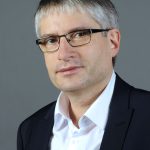 Sven Giegold is a German politician of the Alliance 90/The Greens. He has been serving as State Secretary in the Federal Ministry for Economic Affairs and Climate Action since 2021. He was a member of the European Parliament from 2009 to 2021.
Sven Giegold is a German politician of the Alliance 90/The Greens. He has been serving as State Secretary in the Federal Ministry for Economic Affairs and Climate Action since 2021. He was a member of the European Parliament from 2009 to 2021.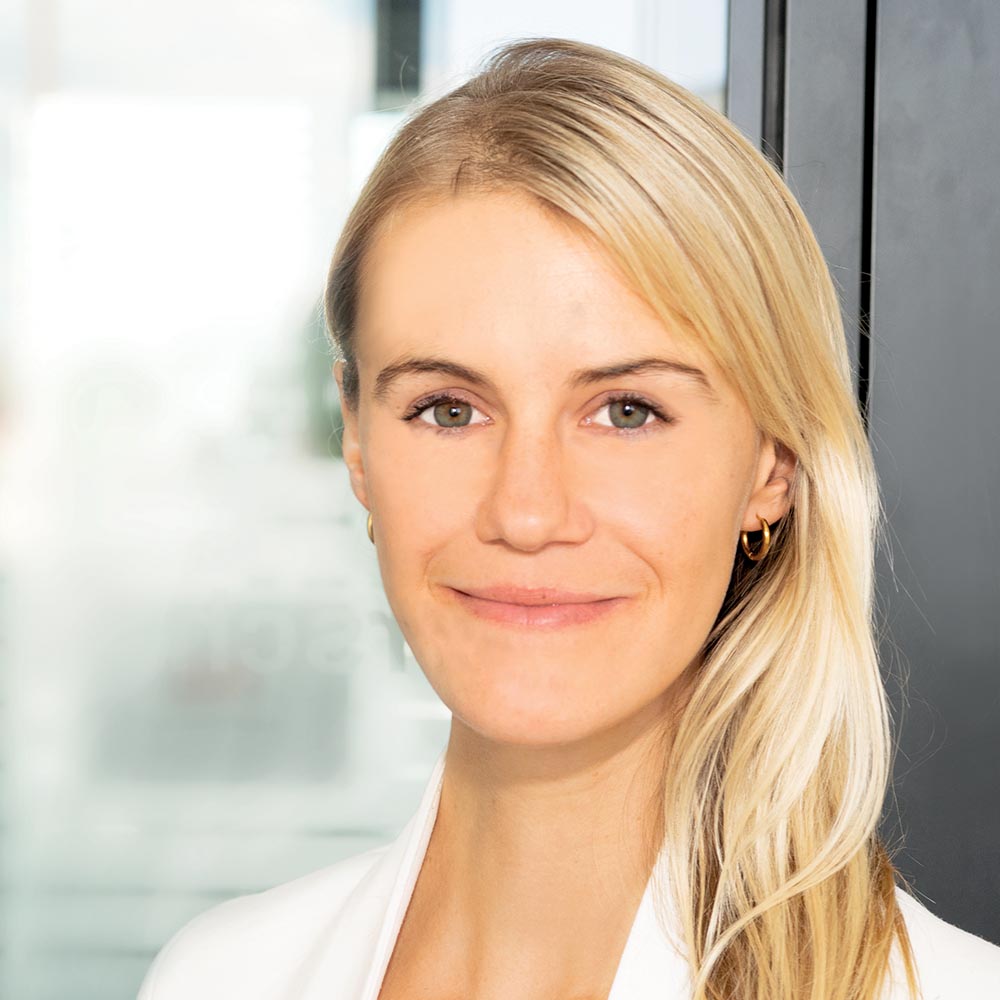 Zarah Bruhn is the founder & CEO of socialbee, commissioner for social innovation, and European thought leader for diversity, female & social entrepreneurship and new leadership. As commissioner for social innovation, she is supporting the Federal Ministry of Education and Research (BMBF) in promoting the creation of space and networks for social innovation and its implementation.
Zarah Bruhn is the founder & CEO of socialbee, commissioner for social innovation, and European thought leader for diversity, female & social entrepreneurship and new leadership. As commissioner for social innovation, she is supporting the Federal Ministry of Education and Research (BMBF) in promoting the creation of space and networks for social innovation and its implementation.
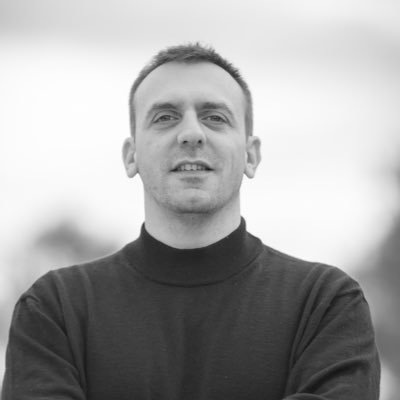
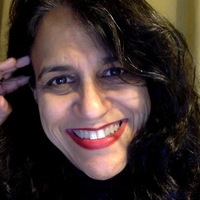 Luciane Lucas dos Santos
Luciane Lucas dos Santos Ilcheong Yi is Senior Research Coordinator at UNRISD (United Nations Research Institute for Social Development) in Geneva, Switzerland. Born in the Republic of Korea, he was trained as a political scientist (B.A. and M.A. from the Dept. of Political Science, Seoul National University, the Republic of Korea) and social policy analyst (D.Phil from Oxford University, the UK). He has been researching various issues of alternative economies, social policy, and international development cooperation, particularly the Social and Solidarity Economy, measurement of sustainable development performance, and transformative social policy. Before joining UNRISD, he was an Associate Professor at Kyushu University, Japan (2004-2008), Korean Foundation Visiting Professor, Dept. of East Asian Studies of Malaya University, Malaysia (2003-2004) and Visiting Research Fellow of the Stein Rokkan Centre, Bergen University, Norway (2002-2003).
Ilcheong Yi is Senior Research Coordinator at UNRISD (United Nations Research Institute for Social Development) in Geneva, Switzerland. Born in the Republic of Korea, he was trained as a political scientist (B.A. and M.A. from the Dept. of Political Science, Seoul National University, the Republic of Korea) and social policy analyst (D.Phil from Oxford University, the UK). He has been researching various issues of alternative economies, social policy, and international development cooperation, particularly the Social and Solidarity Economy, measurement of sustainable development performance, and transformative social policy. Before joining UNRISD, he was an Associate Professor at Kyushu University, Japan (2004-2008), Korean Foundation Visiting Professor, Dept. of East Asian Studies of Malaya University, Malaysia (2003-2004) and Visiting Research Fellow of the Stein Rokkan Centre, Bergen University, Norway (2002-2003). Susanne Westhausen has been the CEO of the Danish apex organisation for cooperatives since 2007 and the president of Cooperatives Europe. One other main interest has been to explore and share the fantastic powers of the cooperative movement and the ability of the model to be a positive and real game-changer for ordinary people in times of need.
Susanne Westhausen has been the CEO of the Danish apex organisation for cooperatives since 2007 and the president of Cooperatives Europe. One other main interest has been to explore and share the fantastic powers of the cooperative movement and the ability of the model to be a positive and real game-changer for ordinary people in times of need.